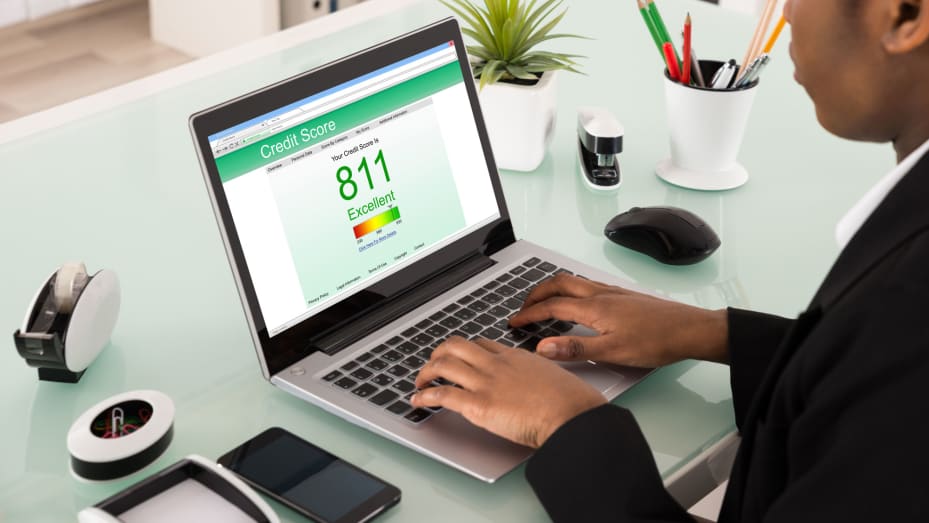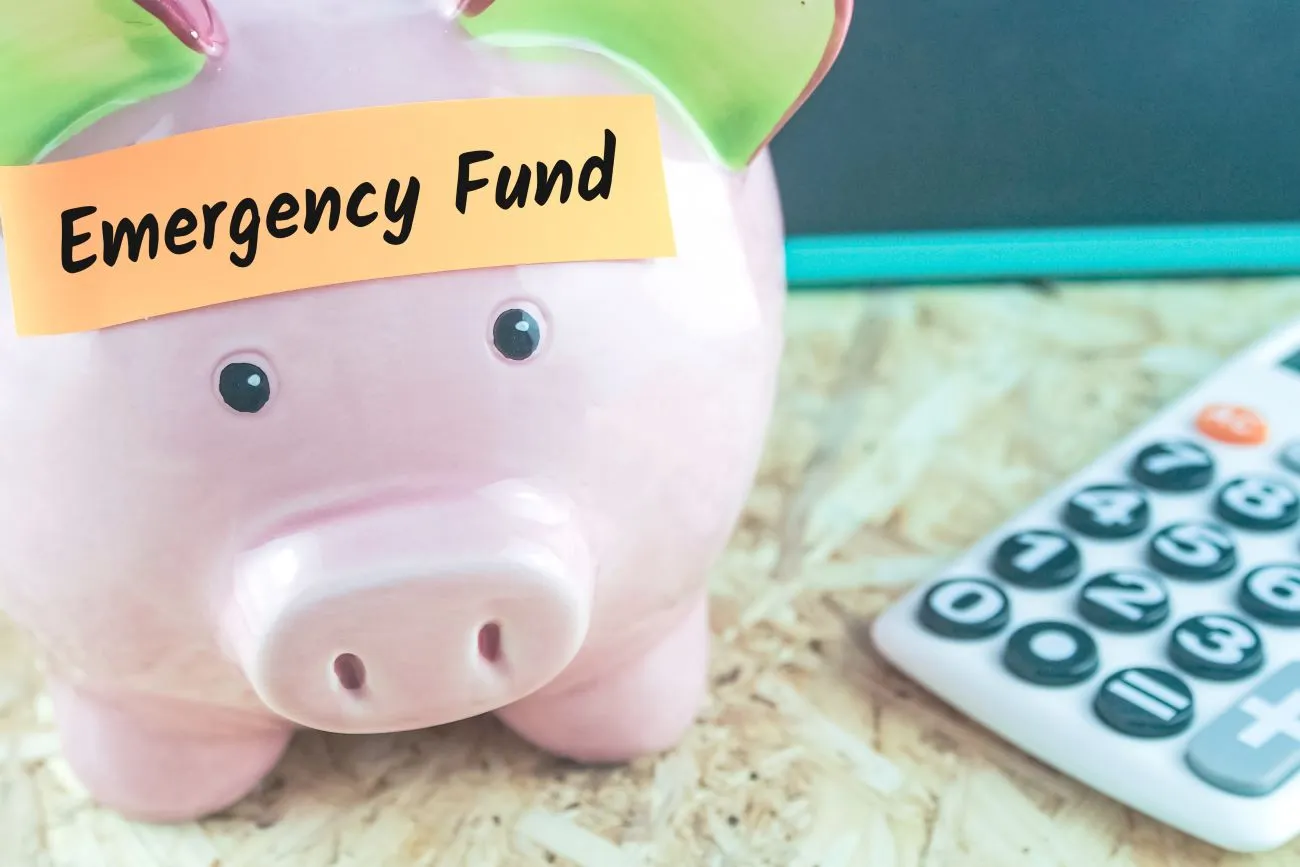Do you think you are doing great with your current budget pattern? It shows you can save adequate money given your ongoing expenses and present income. However, the reality comes out to be different.
With the end of the month rolling around, your pocket shows an empty sign. This can make you clueless about why this is happening. Your spending habits can be the culprit.
Therefore, you must ditch your traditional budgeting technique. Switch to a zero-based budgeting procedure, which is less popular. Nevertheless, it has garnered a lot of attention in the last few years.
The conventional budget focuses on creating savings based on present earnings and expenses. On the other hand, the zero-based concept focuses on planning how you should spend each pound of your salary.
Thus, you can know exactly where your money is going. With this knowledge, you can optimise and organise your money effortlessly. You do not have to struggle even at the time of repaying personal loans with bad credit stigma.
This is because you have a foolproof plan in place to save for this purpose. Delve into the world of zero-based budgeting by reading through this blog.
An overview of the working structure of a zero-based budget
This process is about dividing money between different types of expenses. You get clarity on how you are spending each pound. This form of budgeting offers flexibility when it comes to adapting to sudden changes in expenses.
Making adjustments between different allotments in the budget is possible. If you discover a sudden savings, you can move it to other portions. On being able to save excess money in a month, you can put it towards rainy day funds.
Get a deeper understanding of zero-based budgets with the help of this example.
| Your take-home salary is £ 3500 Different types of payouts you have to cover are rent, utilities, groceries, credit card debts, emergency funds and transport fees. The total of these expenses could be £ 1750. Besides, you have other expenses like insurance, personal care and a house deposit, which stands out to be £ 750. After combining them, the total expenses are £ 2000. The remaining amount of money is £ 1000. |
You can utilise it to grow your emergency fund further. Moreover, you can use it to prevent debts from growing further. No matter if you have opted for joint loans for a bad credit problem.
You are responsible for paying your portion of the repayment. This additional saving may come in handy for this type of purpose. Therefore, you must make use of the surplus savings so that the outcome has to be zero.
The process of creating a zero-based budget
You might realise a few things about your finances. One of them could be that every pound is not meant to be spent. The biggest purpose of having this budget should be to amplify savings.
Therefore, it also has to do a lot with reducing the debt level. You do not have to complete difficult steps.
Review your monthly earnings: When you are budgeting, you cannot ignore your income. If you receive a stable salary every month, this is not a big task. For someone with irregular income like freelance earnings or business revenue, calculate the average monthly income.
Determine the monthly payouts: Here, you must include both fixed and variable expenses. Rent and insurance are like your constant payouts. On the other hand, groceries and other utility bills fall under the variable category.
Identify your financial objectives: You must be thinking ahead of your time to maximise the benefits of zero-based budgeting. Create provisions where additional savings can contribute to future goals. Be it a saving or debt payment goal, you can beat it with strategies.
Allocate space to each pound: You should utilise all of your earnings. However, it does not indicate that you must spend each pound. The idea is to allocate a designated space to your money. It should be able to serve some purpose which could be relief from debts or simply savings.
Be a month ahead: It would be best if you can plan the budget ahead. Doing the same thing on the go can be a complex task. From the start of the month, you will have clarity about the avenues you want to save your money.
Keep your budget simple so that it is easy for you to pursue. Besides, you must keep making changes to it by monitoring it on a monthly basis.
The benefits and setbacks of having a zero-based budget
· The advantages
You can take stock of how and where your money is being used. This gives you the power to tackle your overspending habit. This can be a useful tool that points out the areas that are reasons for your spending.
The zero-based budget makes it easy for you to make financial preparations for unforeseen situations. You can rectify your biggest mistake in life. It is to spend further whatever remains after meeting all the monthly expenses.
This budget tells you where you can utilise your funds. This shows a productive way to use the extra money that is saved after paying all the expenses. The more you can contribute to the emergency fund the less you will feel the financial stress.
Moreover, you need not have to be clueless about where to use the extra saved money. The meaning of being able to create healthy savings is to be able to generate wealth. With this arrangement, you can walk towards a better tomorrow.
· The disadvantages
Apparently, this budget is one of the easiest things to follow. It has no complex elements but you need to be committed to it. This budgeting system will need your time and effort.
This is because you need to monitor your regular payouts. At times, unexpected variable expenses should be eliminated. This process is going to be time consuming one.
Some constant adjustments might be necessary and you cannot be impatient.
The bottom line
It is frustrating to see yourself struggling to afford luxuries despite earning enough. Resort to zero-based budgeting tactics to get a grip on what is happening with your money.





